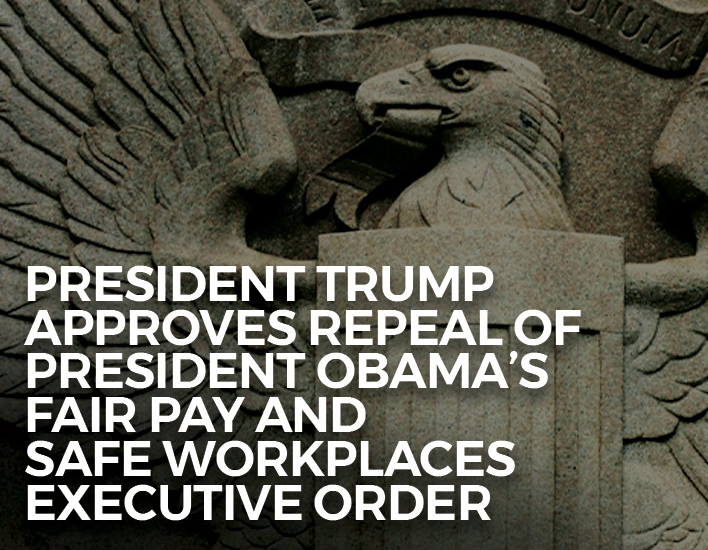By: Chad T. Wishchuk, Esq. and Kathleen A. Donahue, Esq. of Finch, Thornton & Baird, LLP.
In 2015, the California Legislature adopted AB 219 thereby extending the prevailing wage requirements to deliveries of ready-mix concrete to public works. The day before AB 219 took effect, however, several ready-mix concrete suppliers filed a federal lawsuit challenging AB 219 on the grounds that it is unconstitutional for only ready-mix concrete suppliers to be singled out under the new law.
On March 6, 2017, the federal court agreed with the ready-mix concrete suppliers and ruled that AB 219 is unconstitutional because it violates the Equal Protection Clause of the United States Constitution. In addition, the federal court issued a permanent injunction enjoining the Department of Industrial Relations (“DIR”) from enforcing AB 219.
As expected, the DIR promptly appealed the federal court’s decision in the Ninth Circuit Court of Appeals. The DIR then requested the Court of Appeal permit it to enforce AB 219 while the Court is deciding the DIR’s appeal of the federal court’s decision. The Court of Appeal granted the DIR’s request on April 19, 2017. This means that AB 219 is once again being enforced by the DIR and all contractors must comply with the requirements of AB 219 until further notice from the Court of Appeal.
To ensure you are complying with the prevailing wage requirements of AB 219, please contact Chad T. Wishchuk, Esq., or Kathleen A. Donahue, Esq., of Finch, Thornton & Baird, LLP, at (858) 737-3100.
DISCLAIMER: This new law advisory is a publication of Finch, Thornton & Baird, LLP, for the purpose of providing information relating to recent legal developments. It is not intended, nor should it be used, as a substitute for specific legal advice, and it does not create an attorney-client relationship.


